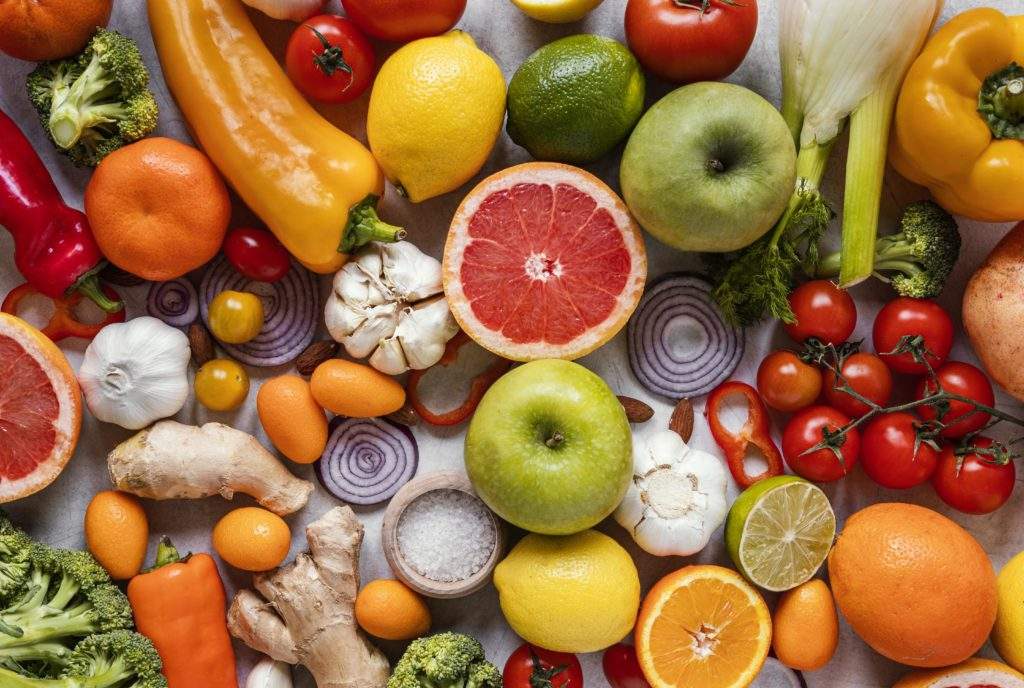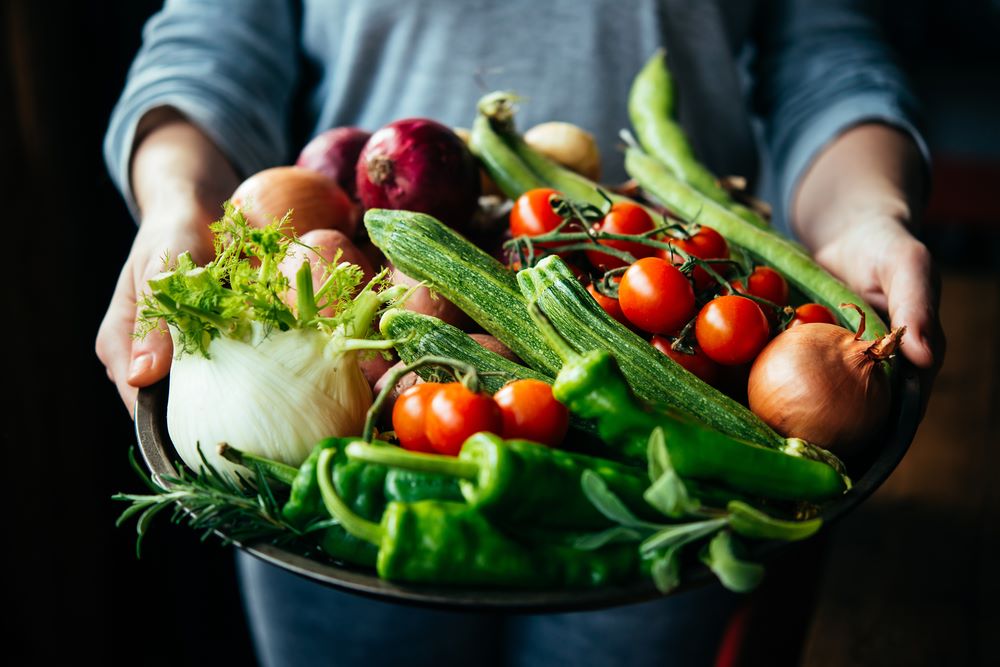3 to 5 servings — that’s how much vegetables you should add to your everyday diet if you want to stay in the pink of health, experts say.
Vegetables are superfoods and that’s plain to see as they help to:
- Reduce the blood pressure
- Decrease levels of bad cholesterol
- Fend off heart disease
- Lower blood sugar levels
- Keep at bay type 2 diabetes
- Prevent various cancers from striking
- Eliminate unnecessary pounds
- Promote regular bowel movements
Indeed, vegetables are extremely healthy. But if they’re good for you, why stop at 5 servings of vegetables per day? Why not opt for 10 or 20 maybe?
Having more vegetables than you need per day, unfortunately, comes with some drawbacks, and many of them can be found below.

Constipation
Everybody knows that a diet that contains good amounts of vegetables can help in keeping constipation at bay. Are you aware that having lots and lots of vegetables can in fact leave you constipated?
Too much fiber can cause your stools to become hard and large, making them hard to pass. It’s very much likely for you to wind up with constipation most especially if you’re not drinking about 2 liters of water per day and you’re not getting enough physical activity.
A Stomachache
There are a couple of reasons why you may wind up with an achy belly if you consume excessive amounts of vegetables. First, your stomach will keep on attempting to digest those tons of fiber even though it cannot, and this can lead to digestive distress.
Having lots of vegetables can cause excess gas to collect in your gut, thus leading to bloating that can cause a tummy ache, distended belly, nausea, vomiting and heartburn.
Malnutrition
Did you know that there are a couple of types of dietary fiber? One of them is called soluble fiber, which turns into gel when combined with water. Although highly beneficial as it helps to lower bad cholesterol, too much soluble fiber can in fact keep your body from absorbing other essential nutrients.
While it’s true that vegetables supply your body with various micronutrients, too much of them can actually prevent you from taking full advantage of macronutrients such as carbohydrates, protein and fat.
Weakness
Instead of feeling energized, there is a possibility for you to wind up feeling weak and exhausted if your meals consist of high amounts of vegetables and too little of everything else.
Being very high in fiber, vegetables feel really heavy on the stomach. All those leaves and stems take up lots of precious space, thus leaving very little to no room for other foods that supply your body with various nutrients that it needs for optimum functioning and health.
Mood Swings
Due to the fact that having lots of vegetables can keep you from eating other foods or prevent proper absorption of certain nutrients, it’s not unlikely for you to experience mood swings as a result of hormonal imbalance.
You can put the blame on not getting enough protein from your diet — aside from building muscles, protein is also necessary for the production of hormones. Failure to obtain enough carbohydrates, on the other hand, can wreak havoc on your blood sugar levels, and this is something that can trigger irritability and even depression.
Vitamin D Deficiency
Adding lots and lots of vegetables to your everyday diet may also rob your body of the chance to obtain all the vitamin D it needs. The said vitamin has so many important roles to carry out, and one of them is the regulation of your mood.
Failure to get sufficient amounts of vitamin D may also considerably increase your risk of battling osteoporosis one day — vitamin D is tasked at encouraging the body to properly absorb calcium from foods that contain the said mineral.













